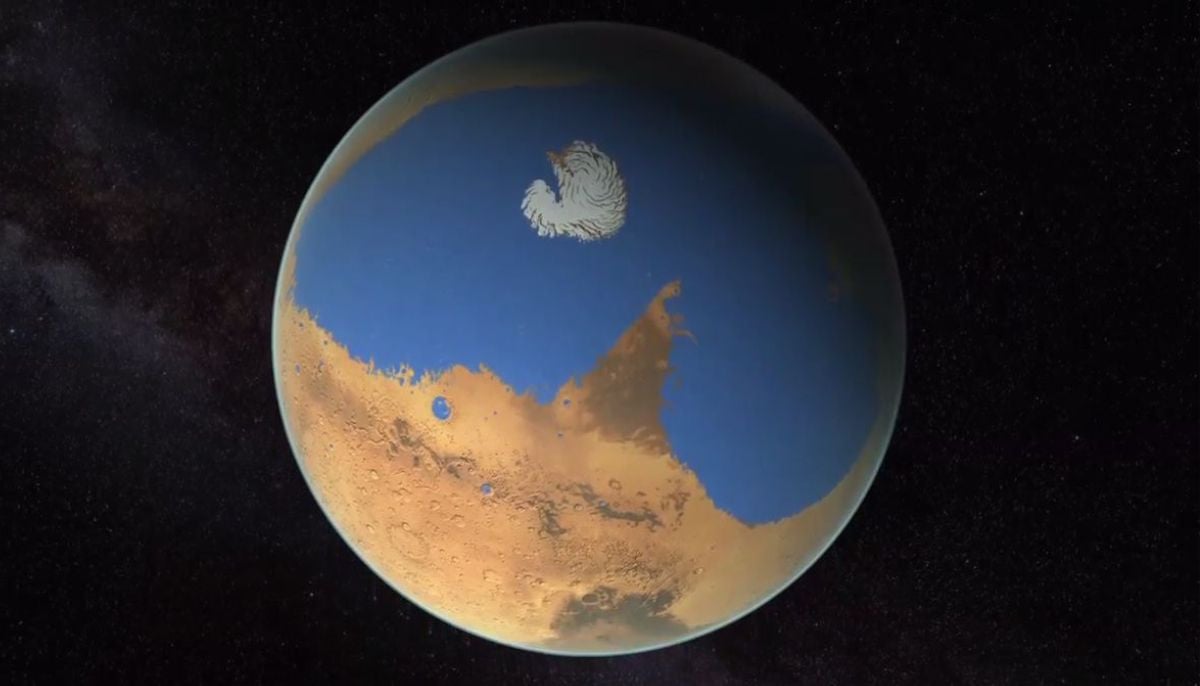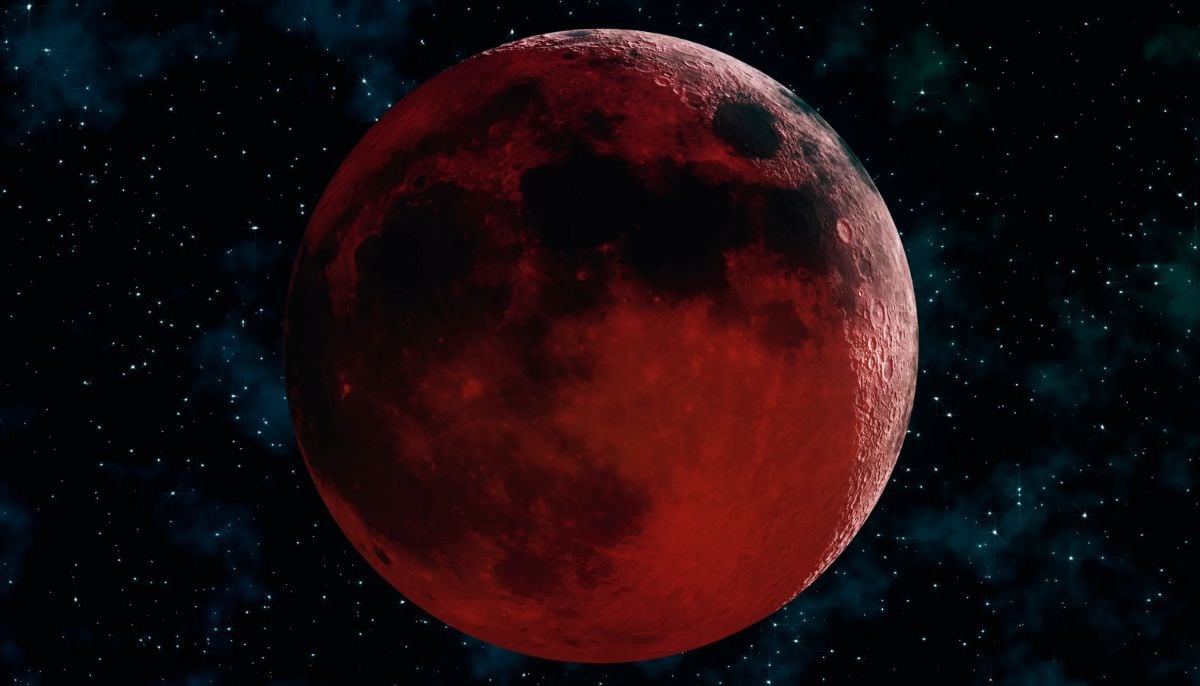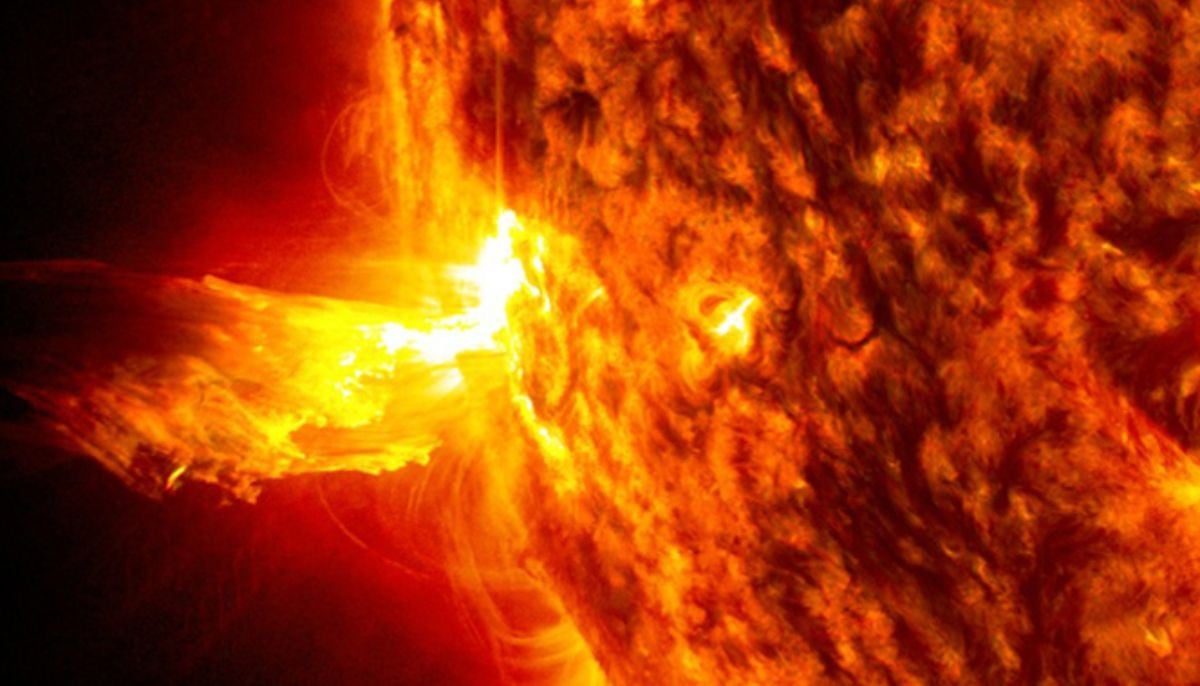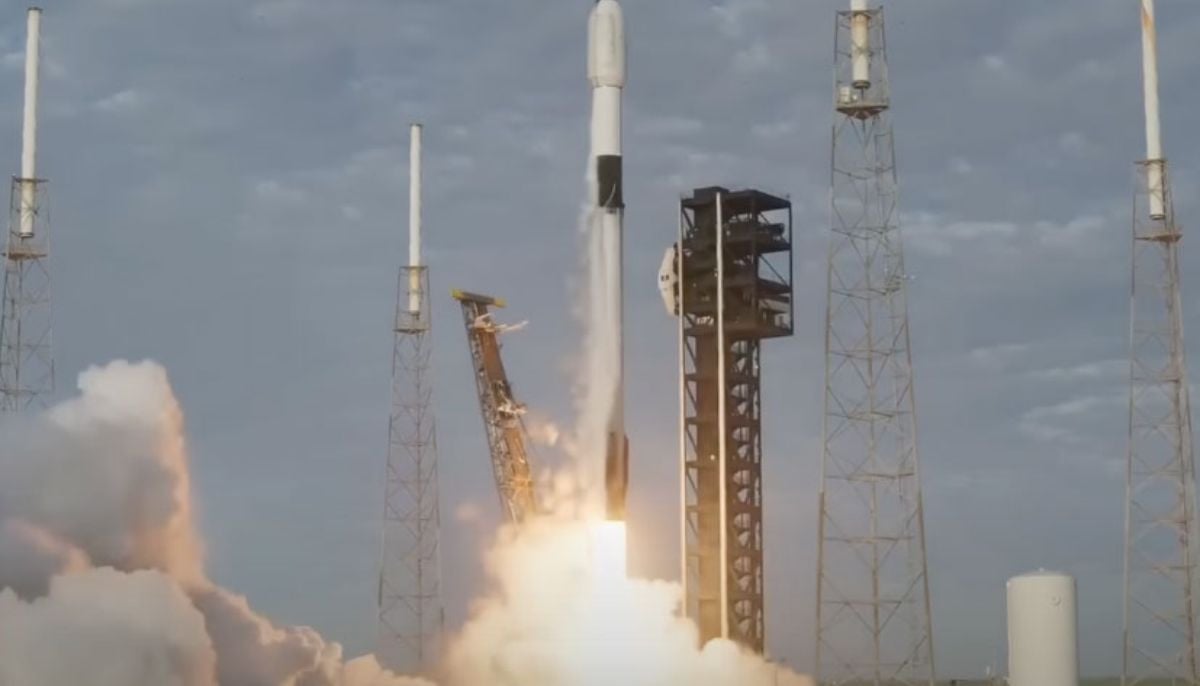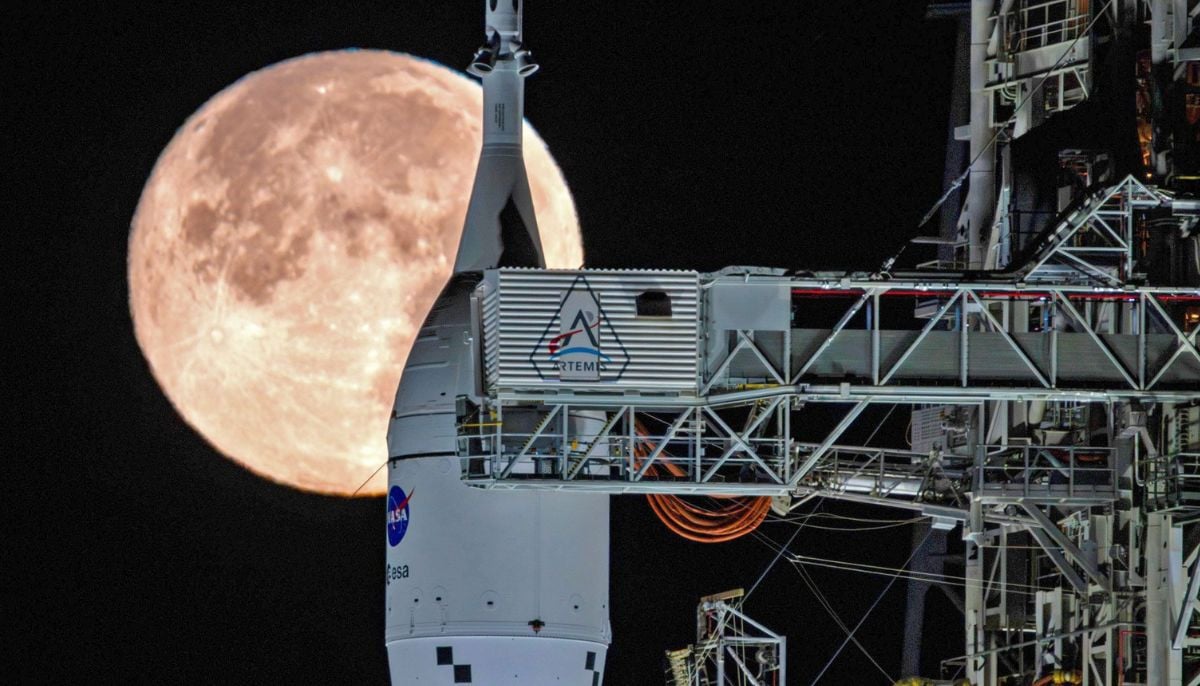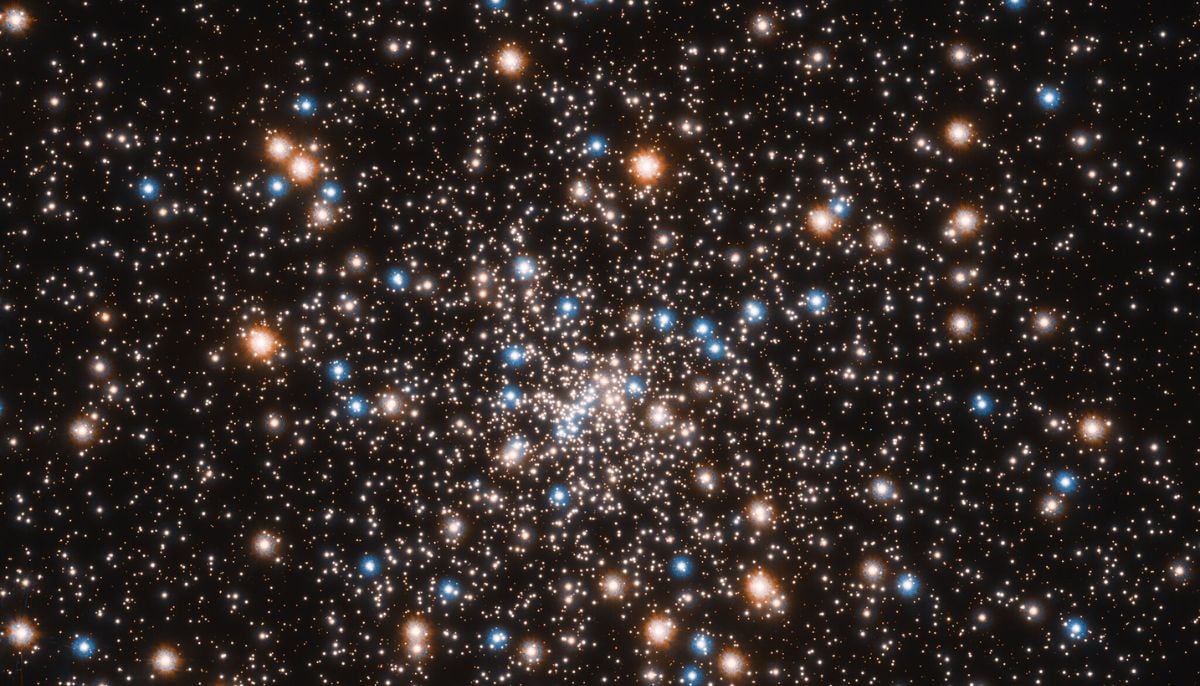Galaxy-gobbling 'oldest ever black hole' becomes astronomical enigma for NASA, ESA
Astromomers at NASA, ESA say universe was not yet a billion years old when black hole was detected
Astronomers have discovered a massive black hole, dating back over 13 billion years, 400 million years after the Big Bang and found that it is eating its host galaxy to death.
Researchers from the University of Cambridge have discovered that the newly discovered black hole, which is a few million times the mass of our Sun, challenges assumptions about how black holes form and grow in the universe, The Independent reported.
Astronomers have discovered supermassive black holes at the centre of galaxies like the Milky Way, which they believe grew to their current size over billions of years. However, the discovery suggests they might form differently, either being born big or eating matter at a five-fold faster rate.
Lead author Professor Roberto Maiolino said: “It’s very early in the universe to see a black hole this massive, so we’ve got to consider other ways they might form. Very early galaxies were extremely gas-rich, so they would have been like a buffet for black holes.”
According to the research published in the journal Nature, standard models suggest supermassive black holes form from the remnants of dead stars, which collapse and may form a black hole about a hundred times the mass of the Sun.
The newly detected black hole, which is deemed the oldest black hole ever, would take approximately a billion years to grow to its current size, although the universe was not yet a billion years old at the time of its discovery.
This black hole is also consuming material from its host galaxy to fuel its growth, but it is reportedly gobbling matter more vigorously than other black holes.
Researchers believe that the black hole at the centre of GN-z11, a young host galaxy about 100 times smaller than the Milky Way, is potentially causing harm to its development.
Overuse of gas by a black hole can cause it to push away gas like an ultra-fast wind, halting star formation and potentially killing the galaxy, as well as the black hole itself, as it cuts off its food source.
-
Total Lunar eclipse: What you need to know and where to watch
-
Sun appears spotless for first time in four years, scientists report
-
SpaceX launches another batch of satellites from Cape Canaveral during late-night mission on Saturday
-
NASA targets March 6 for launch of crewed mission around moon following successful rocket fueling test
-
Greenland ice sheet acts like ‘churning molten rock,’ scientists find
-
Space-based solar power could push the world beyond net zero: Here’s how
-
Hidden ‘dark galaxy' traced by ancient star clusters could rewrite the cosmic galaxy count
-
Astronauts face life threatening risk on Boeing Starliner, NASA says


